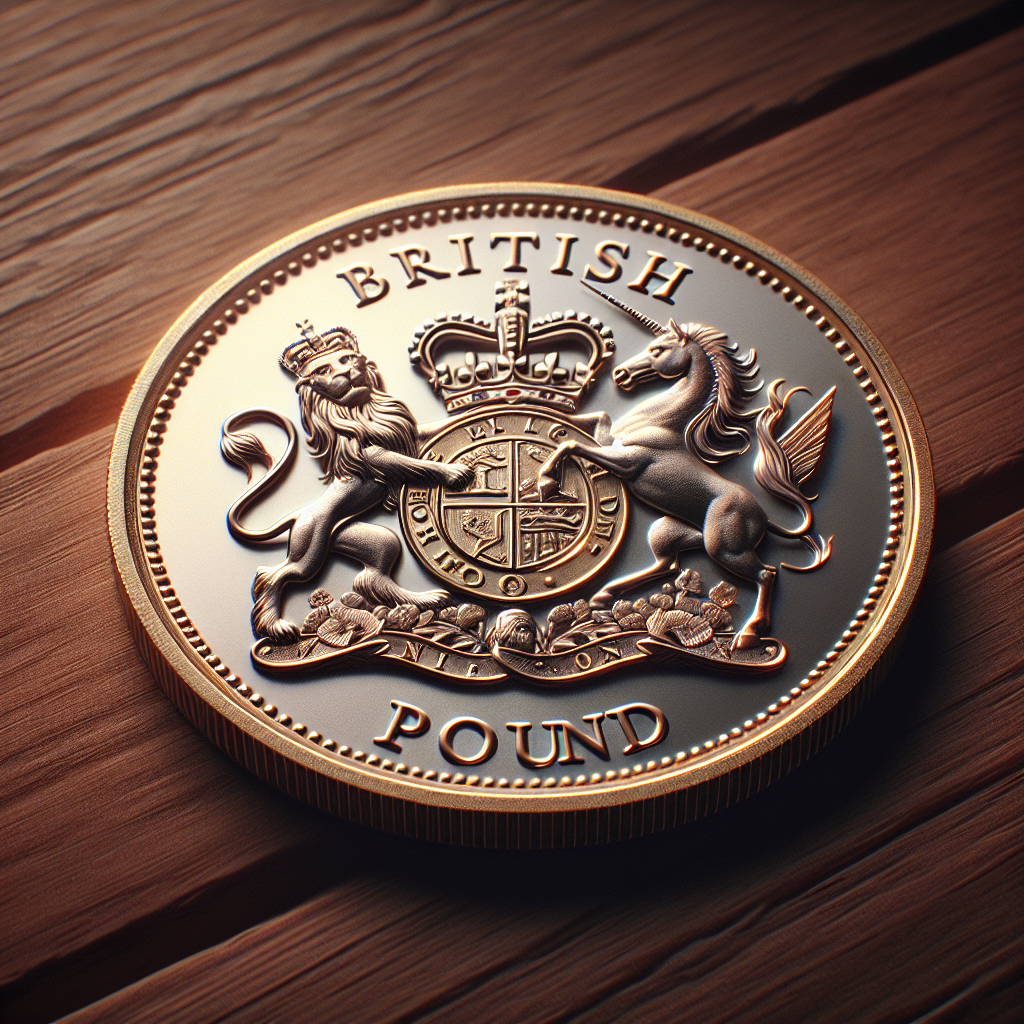British Pound Fluctuates Amid Economic Stagnation and BoE Meeting Anticipation
The British pound slightly weakened against the dollar following stagnant economic data for July, yet remains on track for a weekly rise. Focus now shifts to the upcoming Bank of England meeting, where discussions will center on bond holdings reduction rather than adjusting interest rates.

The British pound experienced a decline against the dollar on Friday after data revealed economic stagnation in July. Despite this, the currency was poised for its second weekly rise, ahead of the Bank of England's upcoming policy meeting.
Official figures showed that the UK gross domestic product was unchanged in July, following a 0.4% increase in June. The manufacturing sector contributed to this stagnation, as output, representing 9% of the economy, fell by 1.3% for the month. Dominic Bunning, head of G10 FX strategy at Nomura, noted that although GDP figures were volatile, the recent trend appears softer.
Anticipations for the BoE meeting predominantly revolve around quantitative tightening rather than changes to the Bank Rate, which remained stable at 4% in August. Governor Andrew Bailey highlighted the flexible future approach on bond sales, with a potential reduction to 75 billion pounds being viewed as manageable, according to analysts. However, any continuation in the pace of bond sales might pressure gilts, affecting yields and sterling.
(With inputs from agencies.)
ALSO READ
Dollar Dips Amid Mixed Economic Signals and Fed Rate Speculations
Dollar Edges Higher Amid Fed Rate Cut Speculations
Dollar Struggles Amid U.S. Jobless Claims Surge and Inflation Trends
ECB Holds Steady on Interest Rates Amidst Political and Economic Challenges
Oracle's AI Surge: The Billion-Dollar Cloud Race










